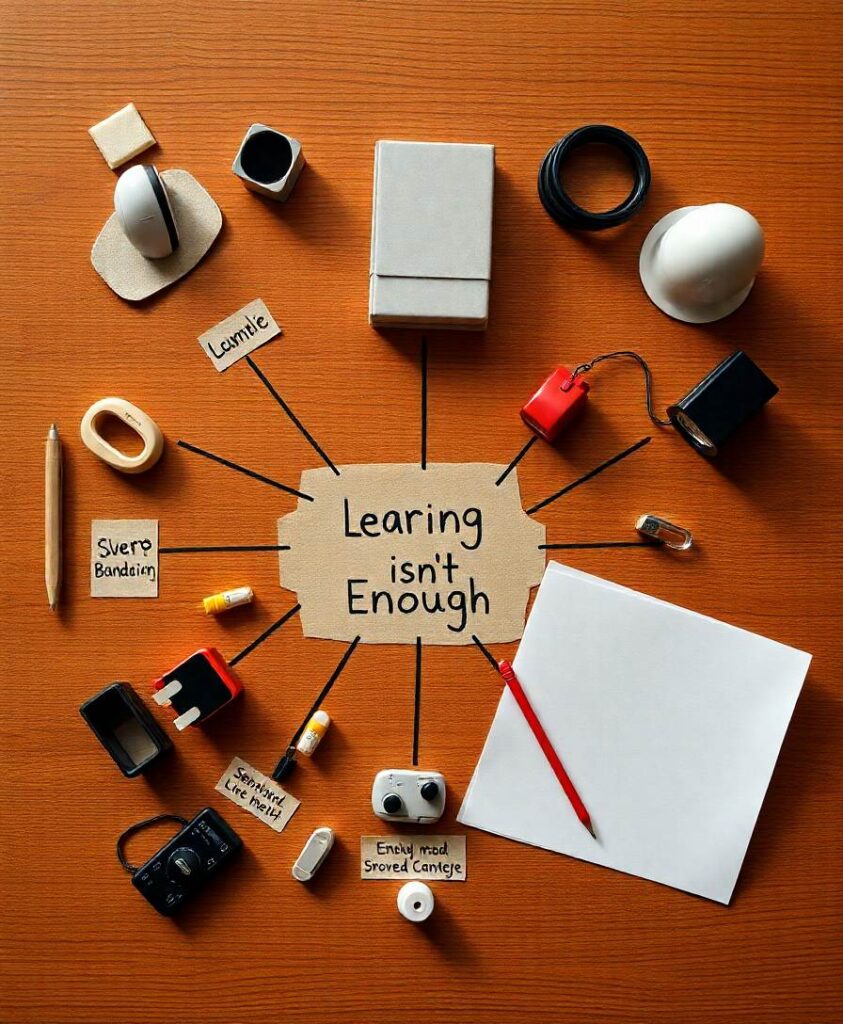Feeling the weight of everyday life, you might notice your body tense when thinking about how work obligations can suddenly feel like barriers to essential support. Maybe you’re already juggling multiple jobs, caring for loved ones, or battling health issues that make the idea of fitting into a strict work schedule daunting. When policies like requiring work to qualify for Medicaid or food aid are proposed or enacted, it’s not just about bureaucracy — it’s about how these rules ripple through real lives, often in ways that are hard to see but deeply felt.
Many low-income adults rely on Medicaid and food assistance programs to keep their health and dignity intact. These programs are more than just safety nets; they’re lifelines that help people manage chronic conditions, recover from illness, or simply put nutritious food on the table amid financial stress. But what happens when the government introduces work requirements as a condition for accessing these vital supports? The change isn’t just administrative — it could transform daily life in subtle, yet significant, ways.
What does work requirement mean for low-income families needing food and health support?
Imagine someone living paycheck to paycheck, perhaps a single parent trying to care for children while battling health concerns. When work requirements are introduced for Medicaid or food aid, it’s as if a new barrier is added to already difficult terrain. You might be able to qualify today, but tomorrow, a missed job opportunity or a health setback could mean losing access to healthcare or emergency food supplies.
Many people in these situations aren’t just looking for a handout; they’re trying to keep their families afloat. The idea of having to prove consistent employment to access basic needs can create anxiety, especially for those who face unstable work conditions, disabilities, or caregiving responsibilities. The policy shift could lead to more people falling through the cracks, losing access to essential health coverage and food assistance simply because they can’t meet rigid work criteria during periods of personal hardship.
For individuals living on the edge, the impact isn’t just about paperwork. It’s about the tangible sense of security that these programs provide — the assurance that if health problems strike or a job falls through, help is still available. When those safety nets tighten with work requirements, many might feel that security slipping away, replaced by uncertainty and stress.
How might this policy change affect your daily life and well-being?

If you’ve ever experienced the kind of slow, creeping worry about how to pay for your next meal or keep your health stable, you understand the importance of accessible support systems. When policies threaten to make these systems conditional on employment status, it raises questions about fairness and compassion in social safety nets.
It’s important to recognize that for many, the ability to work isn’t as straightforward as clocking in and out. Health issues, caregiving duties, or lack of suitable employment opportunities can make meeting strict work requirements nearly impossible. These policies could inadvertently penalize those already facing the greatest challenges, forcing them into a cruel choice: work more, risking health and stability, or lose access to vital assistance.
Understanding the subtle ways policies like work requirements influence health and well-being helps us see beyond the headlines. It’s about recognizing that social safety nets are not just programs — they’re lifelines for real people trying to navigate complex circumstances. When these lifelines are tightened, it’s often those who need them most who suffer silently.
As conversations around policy evolve, it’s crucial to listen to the stories of those directly impacted. Policies that seem straightforward on paper can have profound, unintended consequences in real life — consequences that affect health, dignity, and the fabric of community support.
Learn More: How Work Requirement Would Affect Medicaid, Food Aid
Abstract: The U.S. social safety net would be jolted if the budget bill backed by President Donald Trump and passed Thursday by the House of Representatives becomes law. It would require many low-income adults to work to receive Medicaid health insurance coverage and more to work to…
Link: Read Full Article (External Site)

